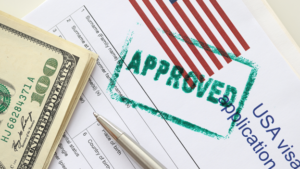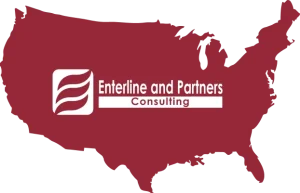The U.S. Customs and Border Patrol (“CBP”) and the Department of State (“DOS”) have announced that beginning May 21, 2021, U.S. citizens will be able to return to the United States on an expired U.S. passport until December 31, 2021, if they:
- are a U.S. citizen.
- are currently abroad seeking to return to the United States.
- are flying directly to the United States, a U.S. territory, or have only short-term transit (connecting flight) through a foreign country on their return to the United States or to a U.S. territory.
- have an expired passport that was originally valid for 10 years (or 5 years if the individual was 15 years of age or under when the passport was issued).
- have an expired passport that is undamaged and in their possession.
It emphasized that an expired U.S. passport may not be used to travel from the United States to an international destination for any duration longer than an airport connection.
The DOS reminds travelers that returning to the United States requires proof of a negative COVID-19 test result, taken within 72 hours of their flight’s departure.
Normally U.S. citizens who are abroad may renew their passports through U.S. Consulate services having jurisdiction over where they are located. The announcement and special procedures are a result of many U.S. Embassies and Consulates not yet open because of the COVID pandemic, which makes it difficult or impossible to renew a passport at this time.
If you have any questions about this policy or about your passport or U.S. immigration or visas, please contact us at info@enterlinepartners.com and speak with a U.S. immigration attorney in Ho Chi Minh City, Manila, and Taipei.
ENTERLINE & PARTNERS CONSULTING
Ho Chi Minh City, Vietnam Office
Suite 601, 6th Floor, Saigon Tower
29 Le Duan Street
Ben Nghe Ward, District 1
Ho Chi Minh City, Vietnam
Tel: +84 933 301 488
Email: info@enterlinepartners.com
Facebook: Enterline & Partners – Dịch vụ Thị thực và Định cư Hoa Kỳ
Website: http://enterlinepartners.com
Manila, Philippines Office
Tel: +632 5310 1491
Email: info@enterlinepartners.com
Facebook: Enterline and Partners Philippines
Website: https://enterlinepartners.com/language/en/welcome/
Copyright 2021. This article is for information purposes only and does not constitute legal advice. This article may be changed with or without notice. The opinions expressed in this article are those of Enterline and Partners only.








